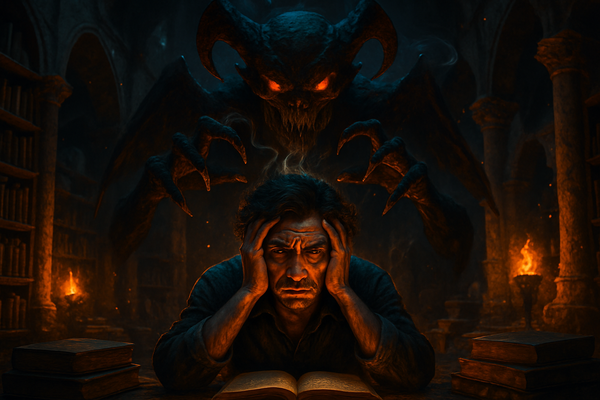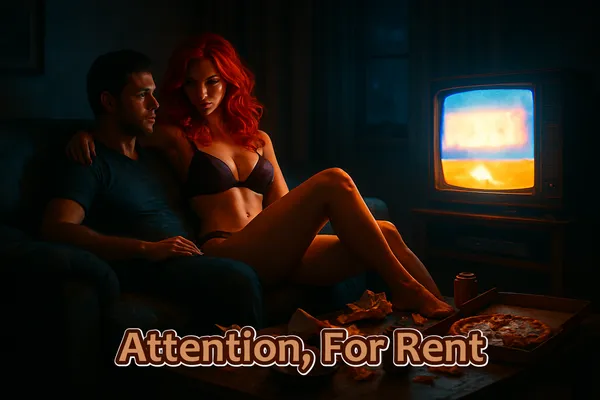Inspiration does not carry the same weight across creative fields. In music, the boundaries are brutally narrow. A few familiar notes can drag an artist into court, even if the similarity was subconscious.
George Harrison’s “My Sweet Lord” was punished for echoing “He’s So Fine,” and Robin Thicke’s “Blurred Lines” was judged to have borrowed too much of Marvin Gaye’s feel. Music has only so many notes and rhythms to work with, so inspiration often becomes indistinguishable from infringement, forcing Musicians to stay vigilant about their unique creativity.
Writers live in the opposite reality. Stories are made of endless combinations. Archetypes, tropes, and themes are recycled constantly, and copyright law only protects specific words and characters. J.K. Rowling faced multiple lawsuits from writers who swore she stole their ideas, yet all collapsed.
Dan Brown’s Da Vinci Code survived similar claims. Courts know that inspiration in literature is not just inevitable but necessary. The canvas is too large, the building blocks too many, for inspiration to be treated as theft.
And yet, the publishing industry insists on forcing writers into a mold that risks turning them into copy machines. Agents and editors preach the gospel of reading widely, as if consuming more books is the only path to skill.
But the brain does not work like a filing cabinet. It works like a sponge. Every phrase, every rhythm, every character arc seeps in. Just as artificial intelligence becomes mediocre by training on a blend of great and terrible books alike, so too can human writers dilute their originality by endlessly soaking in other people’s voices. Reading everything does not sharpen the edge, it blunts it.
The trap becomes obvious in the absurd dance over comp titles. Writers are told they must pitch their books with comparisons, yet they are forbidden from comping to bestsellers.
A Harry Potter comp is dismissed as naive, a Hunger Games comp as arrogant. On top of that, the comps must be recent, no older than five years, which excludes the books that actually built cultural memory.
So authors are left comparing themselves to midlist mediocrity, books that barely sold and barely stuck. This is supposed to prove market awareness, but in reality it forces originality to be measured against the safest, dullest examples.
The contradiction is glaring. Readers do not beg for books like last year’s forgettable midlist. They beg for the next book that makes them feel what they felt reading the blockbusters they loved. The industry’s rules do not serve creativity or readers. They serve a marketing machine obsessed with control, terrified of risk, and desperate to corral writers into the middle of the bell curve.
Music law shows how dangerous subconscious copying can be, but literature’s courtroom history shows how rarely inspiration crosses into theft. The real theft happening in publishing is not legal, it is cultural. It is the theft of originality, drained away by a system that trains authors to imitate without admitting it, to comp to mediocrity, and to fear their own raw voice. If inspiration is the spark, then the industry has built a machine designed to smother it under the weight of its own caution.
For writers who are unwilling to be squeezed into the industry’s mold, self publishing offers a path that traditional publishing cannot. Without an agent dictating comp titles, without an editor insisting on current market comparisons, authors are free to position their work on their own terms.
A book can stand beside the greats if the author chooses to market it that way. It can be sold with the language that appeals directly to readers rather than with the cautious disclaimers that satisfy industry gatekeepers.
Self publishing also sidesteps the forced reading culture that treats books like a dataset to be absorbed. An author who values originality above all else can guard their voice without apology. They are not asked to prove their literacy by quoting the latest midlist release. Instead, they can prove their worth by placing their work in front of readers and letting the audience decide if the voice is strong enough to stand on its own.
This does not mean self publishing is easy. It demands effort, investment, and often the humility to learn marketing and design. But it removes the central contradiction that plagues the traditional system. The writer is no longer told to imitate mediocrity while pretending to be original. Instead, the writer can take full responsibility for how their book enters the world, whether it rises or falls, whether it finds a small dedicated audience or surprises everyone with unexpected reach.
In a world where music law punishes similarity and publishing culture enforces sameness, self publishing restores the most vital option of all. It restores the right of the author to decide what inspiration means, and to choose whether their work will be shaped by the average or by their own voice.

